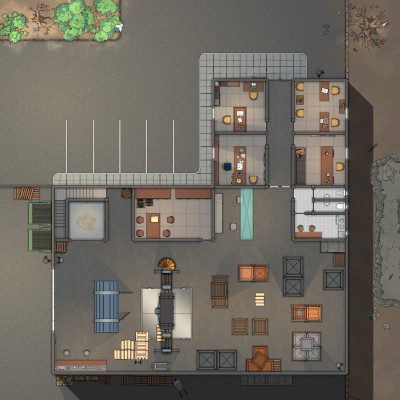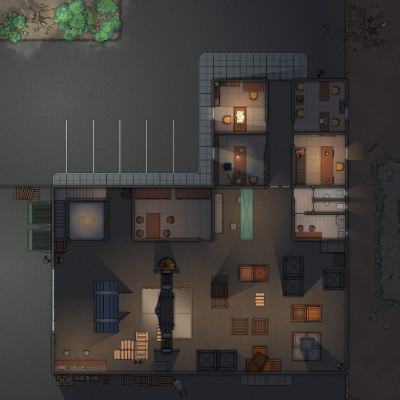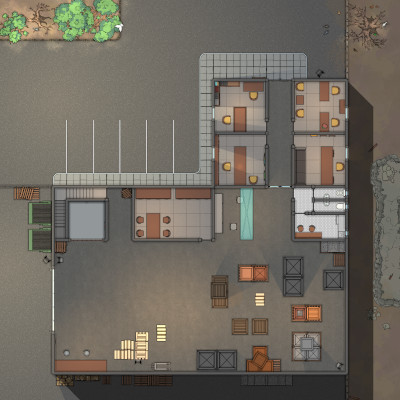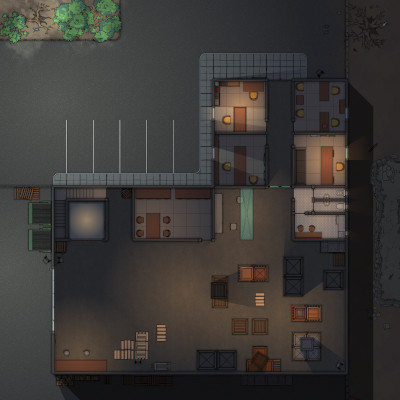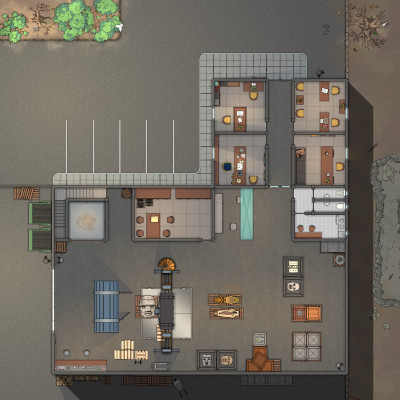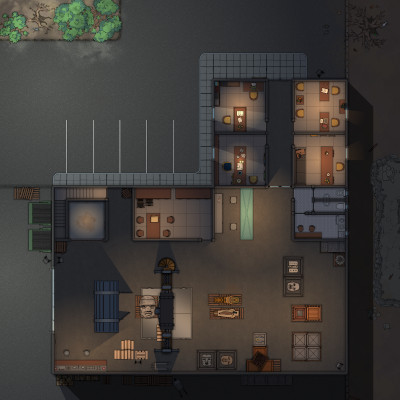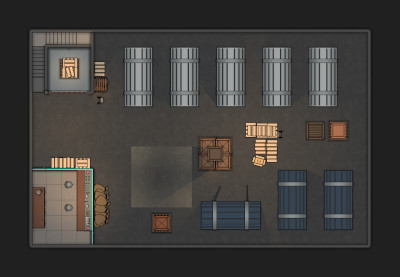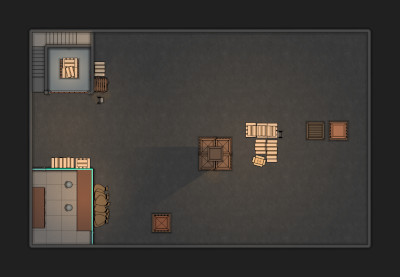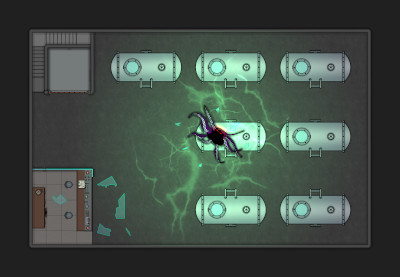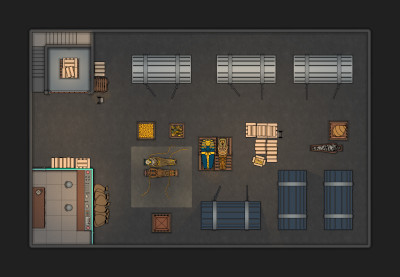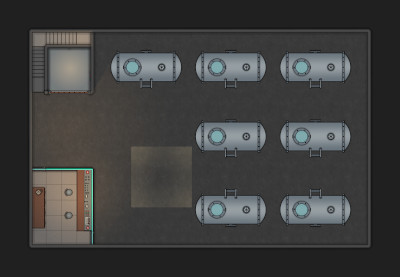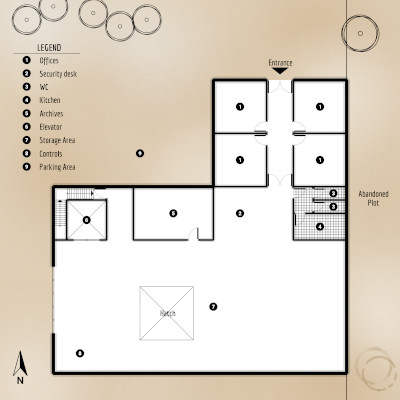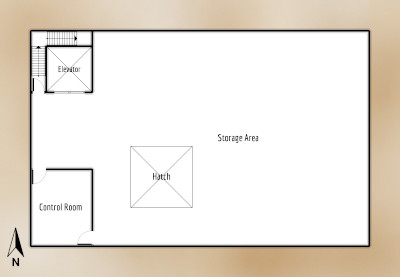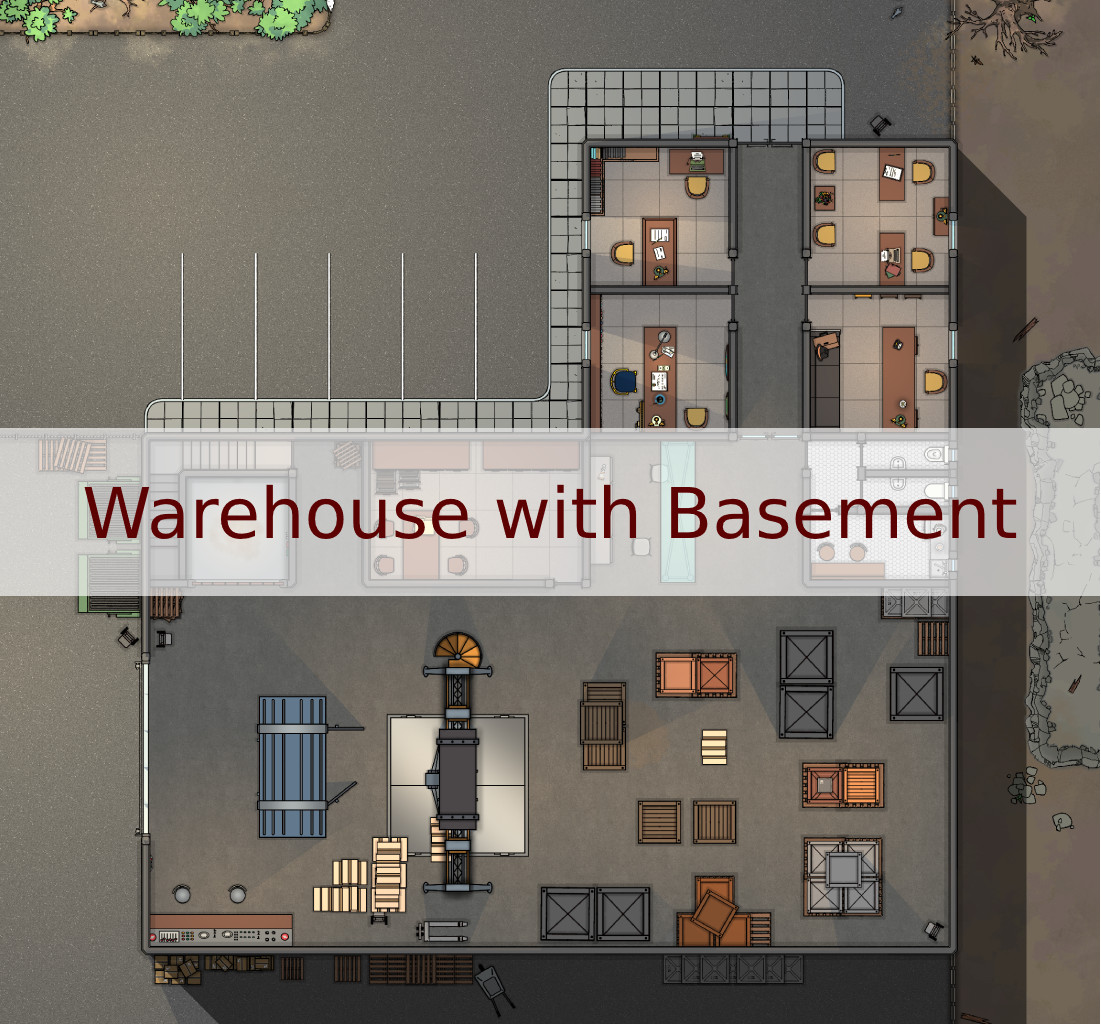Why does the basement level require ventilation systems that exceed standard industrial specifications, and what's behind those freight elevators that descend farther than the building's foundation should allow? Which storage areas remain locked despite inventory records showing no valuable contents, and why do night shift workers report hearing machinery operating in sections that house no equipment? What's sealed behind that reinforced door where even the warehouse supervisor claims no knowledge of what lies beyond?
Follow Cthulhu Architect on BlueSky!My son will not allow any fires tonight,” Gaea said from the depths of the warehouse. “He is the void that consumes all magic, the cold that consumes all fire, the silence that consumes all speech.”
Leo wanted to shout: “And I’m the dude that’s all out of here!
― Rick Riordan, The House of Hades
Margaret Thorne had managed warehouses for fifteen years, but something about the Meridian facility unsettled her from the first day. The building squatted like a concrete tumor on the industrial district’s edge, its loading bays gaping like hungry mouths.
The previous manager had left behind meticulous records, except for a three-week gap in September. During that period, the shipping logs showed only incoming deliveries---crates from overseas marked with symbols that hurt to look at directly. No outgoing shipments. No inventory transfers. Just things arriving and staying.
Margaret discovered the basement during her third week, though it wasn’t marked on any blueprints. The freight elevator had an extra button, worn smooth from countless presses. When she descended, her flashlight revealed rows of empty shelves stretching into darkness, but the concrete floor was stained with geometric patterns that seemed to shift when viewed peripherally.
The night shift workers---the few who remained---whispered about the sounds from below. Not scratching, but something worse: the wet, rhythmic pulsing of something massive breathing. Margaret dismissed it until she worked late one evening and heard it herself, accompanied by the grinding of the elevator moving on its own.
She found the final delivery manifest in the basement office, written in the previous manager’s increasingly erratic handwriting. The last entry, dated three days before his disappearance, contained only two words repeated dozens of times: “It’s growing.”
Margaret sealed the basement door and submitted her resignation the next morning, but sometimes she still dreams of those shifting stains and wonders what corporate will do when the thing down there finally fills the empty shelves above.
